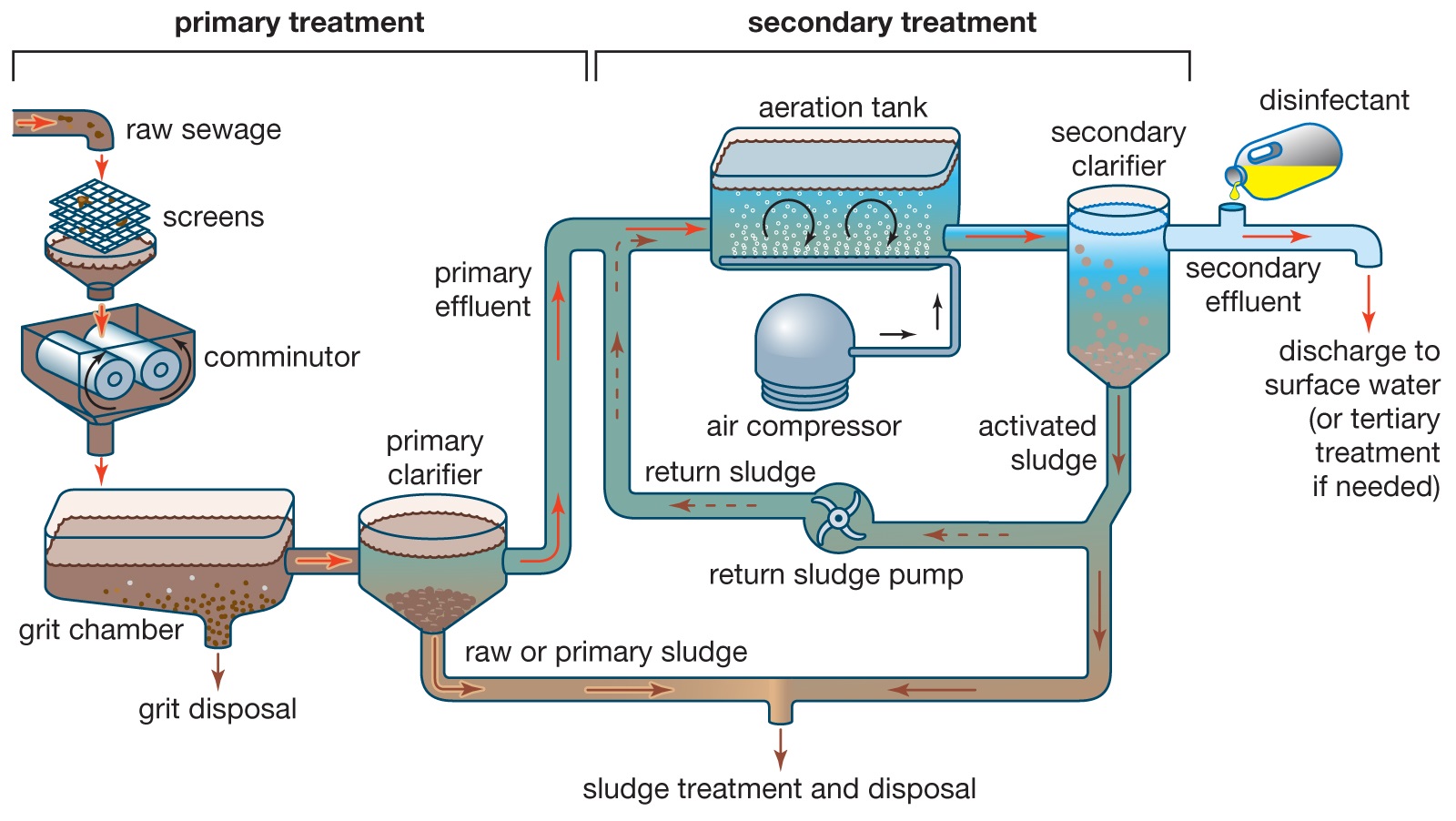Industrial Water Treatment
On the industrial scale, water treatment involves a series of procedures to ensure a seamless flow of treated water for use at an industrial facility. Industrial water treatment performs a critical role in protecting against risks and rising operating costs, as well as the sustainability of your business.
Industrial water treatment is a process that is utilized prior to certain industrial processes or after certain industrial processes. The most uses of industrial water treatment are for cooling towers, boilers service and process water in refinery, petrochemical, mining, steel, food or automotive companies.
Managing water treatment on an industrial scale involves a series of processes. While not all water chemistries will require each process, it is important to be aware of your options. The goal is to minimize risk at each stage of any water-based industrial process. Common industrial water treatment methods are:
- Coagulation, flocculation & sedimentation
- Filtration
- Softening
- Dealkalization
- Reverse osmosis
- EDR
- Nanofiltration
- Ion exchange
- EDI
Coagulation, flocculation & sedimentation and also filtration (sand filtration, dual media filtration, multimedia filtration, microfiltration or ultrafiltration) work to remove sediment, organic material, and turbidity. Softening removes hardness found in water. From here, dealkalization reduces alkalinity to minimize scale buildup downstream. While it may be sufficient for some applications, this process is often considered an antiquated solution due to the high operational costs and lack of universal effectiveness.
Two optional treatments that may provide you with the right degree of industrial water treatment include nanofiltration and reverse osmosis. Nanofiltration allows for the removal of bacteria and hardness, whereas reverse osmosis and EDR systems will go one step further and reject a significant percentage of the total dissolved solids.
Ion exchange (anionic bed, cationic bed or mixed bed) and EDI systems are chemical-electrochemical processes where certain (unwanted) ions are exchanged for others, resulting in a new, more suitable water chemistry.

